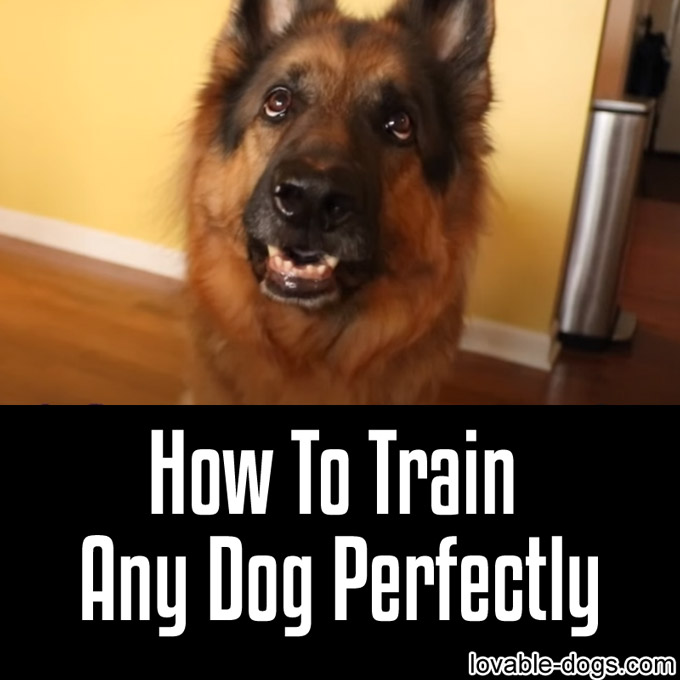There are certain skills needed to train a dog for certain behaviors. Different levels of patience and effort are applied to different dog breeds because they don’t have the same energy levels. In this video, the dog trainer shows us the skills needed to train any dog to just do anything.
Skill #1: Define the target behavior clearly.
This is the most important skill an owner or trainer should have. If you’re going to teach him to sit, stay, or a combination of the behavior. You have to train the dog every single behavior consistently in order to be effective.
Skill #2: Enable success.
Set up your training sessions with your dog to be a success. There are two factors affecting the success of the dog training – the dog and his environment. Use high-value reinforcers like food. Make the activity as simple as it can be for the dog. Reduce the distractions in his environment, because it keeps his focus away from the training.
Skill #3: Mark the target behavior precisely.
Good timing is everything and clickers are good in marking the target behavior. Mark the exact moment that the dog does the particular behavior you are training. If you’re too late or too early, you might not get the correct response.
Skill #4: Add the cue.
Name the particular behavior once the dog has consistently performed it and add it as a prompt for him. You can use verbal or non-verbal prompts or the combination of both.
Skill #5: Introduce variety and generalize.
You can use different objects, environments, and levels of distractions.
Skill #6: Reinforcement rates.
The effectivity of the entire training on how well you reinforce the dog and whether the dog is properly responding at every instance.
Skill #7: Shaping.
This is an advanced skill needed for a complex behaviors. Break the skill into small steps and reward each small step that leads to completing the complex behavior that you are training him to do.
Skill #8: Building up to distractions.
One of the final steps in training a dog. Lower expectations to your dog as you gradually increase the distractions. Consistently reward him to encourage consistent good behavior even when in a stimulating or distracting new environment.


